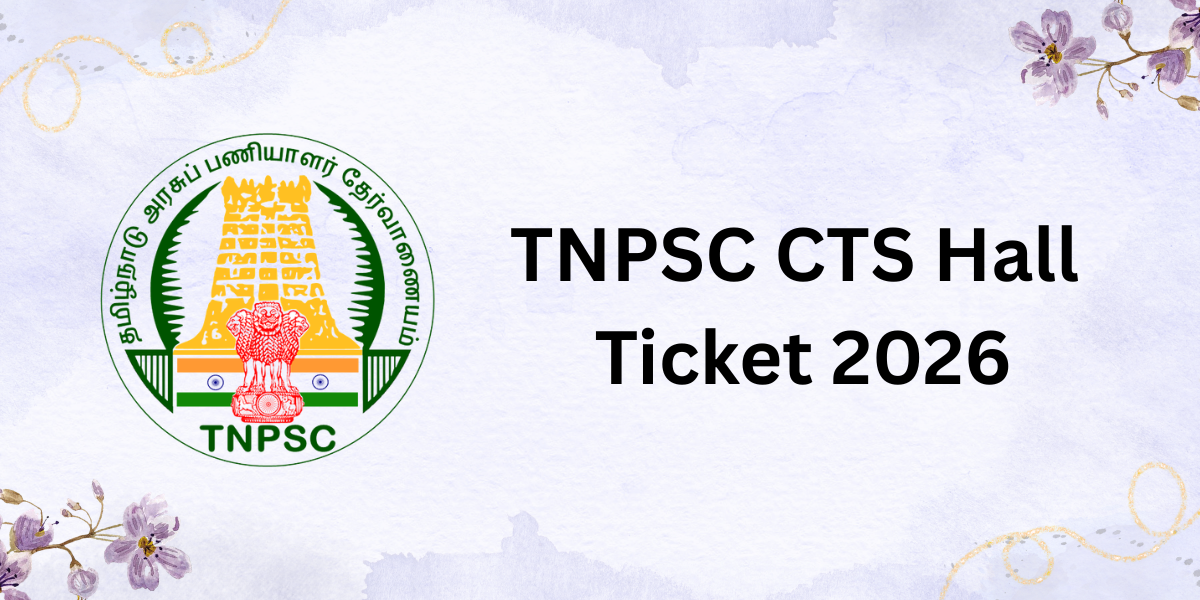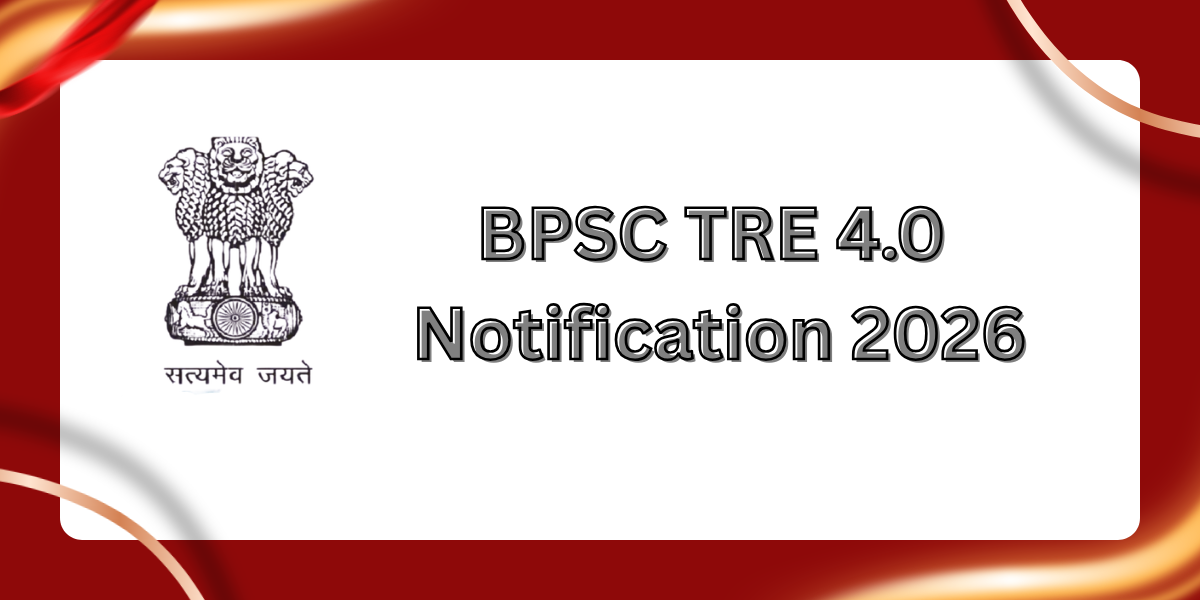Introduction to Indian Penal Code
Preamble – Whereas it is expedient to provide a general penal code for India.
Title and extent of operation of the code – This act shall be called the Indian penal code, and shall extend to the whole of India except the state of Jammu and Kashmir.
Independence – The code was originally passed in British Parliament. After 15th of August 1947. the day of independence of India, this code and other enactments were made in force in India by virtue of an order passed by the Governor General in exercise of powers conferred by sections 9 and 18 of the Indian Independence Act, 1947 and later by article 372 of the constitution of India on and from 26th January 1050.
Punishment of offences committed within India – Every person shall be liable to punishment under this code and not otherwise for every act or omission contrary to the provisions thereof, of which he shall be guilty within India.
- The Indian Penal Code has been extended to Berar by the Laws Act, 1941 (4 of 1941) and has been declared in force in – Sonthal Parganas, by the Sonthal Parganas Settlement Regulation, 1872 (3 of 1872), S. 2; Panth Piploda, by the Panth Piploda Laws Regulation, 1929 (1 of 1929), S. 2 and Sch.; Khondmals District, by Khondmals Laws Regulation, 1936 (4 of 1936), S. 3 and such.; and Angul District by the Angul Laws Regulation, 1936 (5 of 1936),S. 3 and Sch. It has been declared under S. 3(a) of the scheduled Districts Act, 1874 (14 of 1874), to be force in the following scheduled Districts, namely: the United Provinces Tarai Districts, see Gazette of India, 1876, Pt. I, p.505; the Districts of Hazaribagh, Lohardaga (now called the Ranchi District, see Calcutta Gazette, 1899, Pt. I, p. 44) and Manbhum and Pargana; Dhalbhum and the Kolhan in the District of Singhbhum, see Gazette of India, 1881, Pt. I, p. 504. It has been extended under S. 5 of the same Act to the Lushai Hills, see Gazette of India, 1898, Pt. II, p. 345. The Act has extended to Goa, Daman and Diu by Regn. 12 of 1962, S. 3 and Sch.; to Dadra and Nagar Haveli by Regn. 6 of 1963, S. 2 and Sch. I; to Pondicherry by Regn. 7 of 1963, S. 3 and Sch. I and to Laccadive, Minicoy and Amindivi Islands by Regn. 8 of 1965, S. 3 and Sch. It has extended to the State of Sikkim w.e.f. 13-09-1994 vide Notification No. S.O. 516(E), dated 9th July, 1994.
- Substituted by Act 3 of 1951, S. 3 and Sch., for “the whole of India except Part B States”.
- Substituted by A.O. 1948, for “take effect *** throughout British India”. The words and figures “on and from the first day of May, 1891” occurring between the words “effect” and “throughout” were repealed by Act 12 of 1891, S. 2 and Sch. I.
- Substituted by Act 3 of 1951, S. 2 and Sch., for “excepts Part B States”.
- Substituted by Act 3 of 1951, S. 3 and Sch., for except Part B States”.
- The words and figures “on or after the said first day of May, 1861” omitted by Act 12 of 1891, S. 2 and Sch. I.
Punishment of offences committed beyond, but which by law may be tried within, India – Any person liable, by any [Indian law], to be tried for an offence committed beyond [India] shall be dealt with according to the provisions of this code for any act committed beyond [India] in the same manner as if such act had been committed within [India].
Extension of Code to extra territorial offences – The provisions of this code apply also to any offence committed by,
Any citizen of India in any place without and beyond India;
Any person in any ship or aircraft registered in India wherever it may be;
Any person on any place without and beyond India committing offence targeting a computer resource located in India.
The word “offence” includes every act committed outside India which, if committed in India Which, if committed in India, would be punishable under this code.
The expression “computer resource” shall have the meaning assigned to it in clause (k) of sub section (1) of section 2 of the information technology Act, 2000 (21 of 2000)
Certain laws not to be affected by this Act – Nothing in this Act shall affect the provisions of any Act for punishment mutiny and desertion of officers, soldiers, sailors or airmen in the service of the government of India or the provisions of any special or local law.






